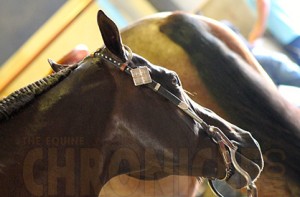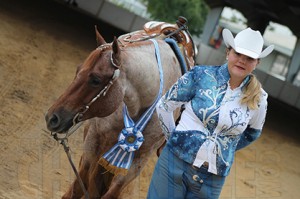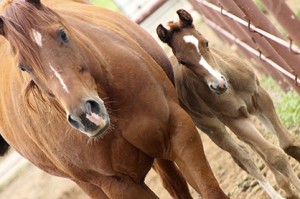Getting the Most From Your Equine Mortality Insurance: Part 2
By: Evan Kaplow, Kaplow Insurance Agency
When you own a horse, you have an investment in your animal. Mortality insurance helps you protect your investment, your asset, should something unfortunate happen.
Why Insure?
If you lost your horse because it died in an accident, from a disease, or had to be euthanized, you don’t want to be in the position of losing your entire investment. That’s where equine mortality insurance comes in – it’s what we do.
I grew up showing horses and my father insured horses, so I have been around this business for a long time. This allows me to see the entire picture. When someone first calls me, we spend time discussing the horse, the breed, age, purchase price, and show records. I get all the information together and come up with a game plan for coverage I feel is necessary to properly protect the owner’s interests.
Getting Started
Choose an involved agent. When you’re considering equine mortality insurance or additional endorsements, it’s important to consider an agent who will be available to you when you need assistance. Horse sales and sicknesses happen at odd times and on weekends, and your agent needs to be able to assist you in your time of need.
You’ll also want to ensure that your insurance agent has binding authority to authorize the start of your new insurance policy during those odd hours.
Complete the application. The first step in obtaining equine liability insurance is completing the application for coverage. Your agent can often walk you through the application process over the phone by asking a series of questions about the horse.
Threshold for Veterinary Exams. Various insurance companies have different value thresholds at which they require a veterinary exam before coverage can be bound.
The policy value requiring a vet exam can vary from $25,000, $50,000, or up to $100,000. Coverage on horses that are over these threshold values cannot begin until after the veterinary exam is in the hands of the agent, as long as the agent has binding authority and the exam results are satisfactory.
Updating Your Policy
Add the awards. When your horse has a major accomplishment, you may want to increase your equine mortality coverage to reflect the increase in value due to his or her improved show record. Your agent can then relay this information to the insurance company to increase your policy’s coverage.
As we head into the thick of futurity season, values of show horses, especially maiden two-year-olds, for example, can change quickly. Being aware of the changes in your horse’s accomplishments and sharing them with your agent should be a key part of your routine.
Now that we’ve explained why you should insure your horse, let’s talk about the process of determining insured value.
Determining Insured Amount
How do you determine the value of a horse being insured? If you’ve just bought the horse at an auction or through a private sale, determining the insured value is pretty straightforward. The standard rule is you can insure your animal for the purchase price or less; you cannot insure for more than what you paid for it at the time of purchase.
If you’ve owned your horse for an amount of time before purchasing mortality insurance, several factors can play into the insurable value. I would start by noting the purchase price when you bought the horse, as well as determining its show record and achievements since you purchased it, and the value of foals, if the horse to be insured as a broodmare, or the stud fee and number of mares bred the previous year, if it is a breeding stallion.
This is where having an agent who is heavily involved in the horse industry becomes a big advantage. If your agent is involved in the horse industry, he or she will have a much clearer idea of the value of horses in the marketplace depending on their bloodlines, show record, and offspring. They can help you determine a fair value that will be acceptable to you and the underwriters.
In Part 3 of Getting the Most Out of Your Equine Mortality Insurance, Evan will discuss Agreed Vs. Fair Market Value, Guaranteed Renewal, and special situations like Stallion Accident Sickness Disease Coverage and Fall Of Hammer Coverage.













